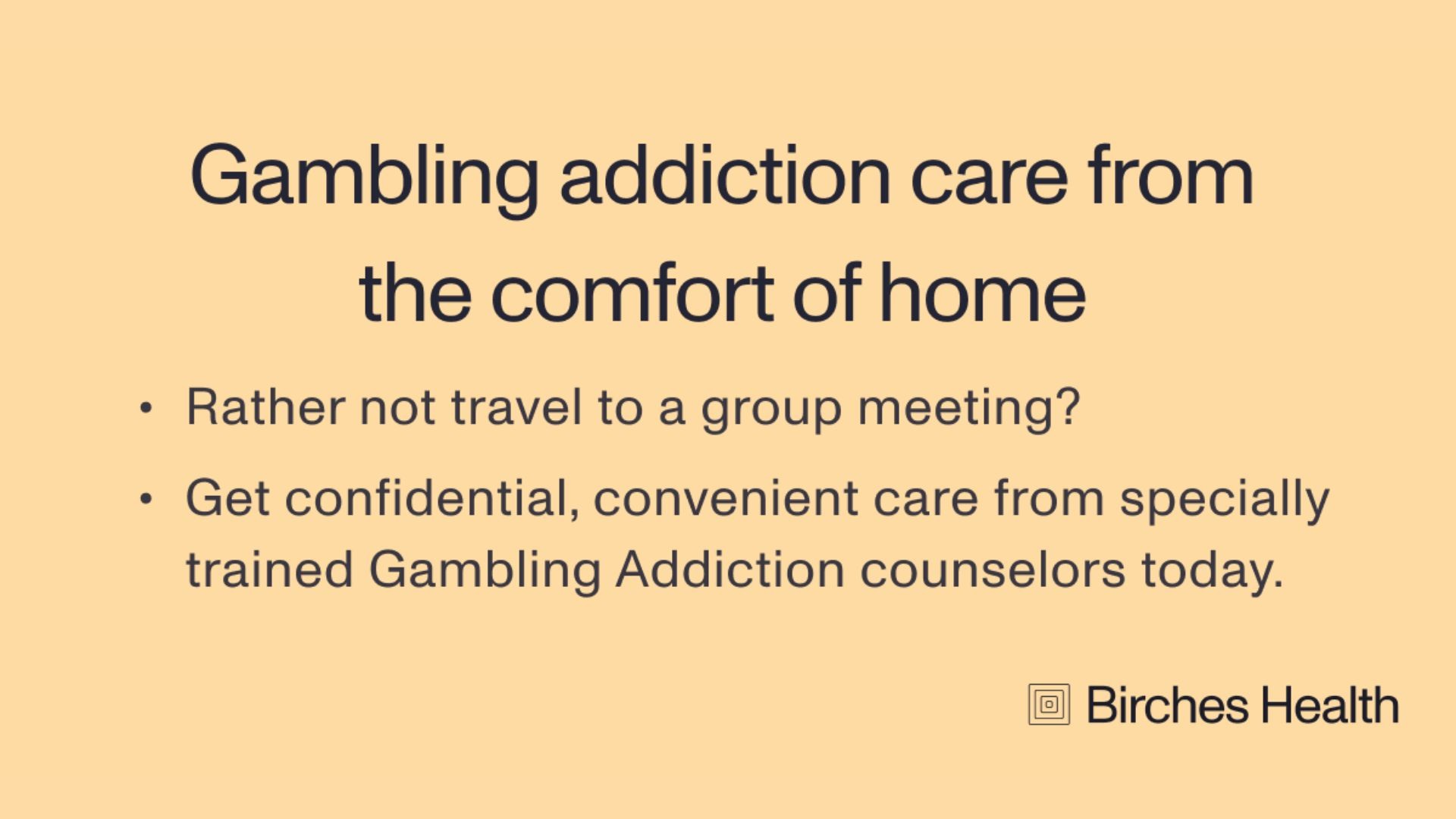Thanksgiving Stressors: Mental Health Tips for the Holiday
Published:
Nov 25, 2025
,
10:59 a.m.
ET
The holidays can be a wonderful time filled with food, family, fun and traditions. But with all of the good may come periods of stress, exhaustion, pressure and potential opening of old wounds as families reunite. Studies have found that more than half of people report an increase in their stress levels as the holidays approach and that they do not subside until well after the season ends. It is therefore important to be mindful of the possible negative impacts that a busy holiday season may have on mental health and what techniques you can use to help reduce them.
Mental Health tips for the Thanksgiving Holiday
1) Set boundaries and stick with them
Thanksgiving often involves family gatherings and catching up with loved ones after time apart. While this can be a wonderful part of the holidays, it can also create a lot of stress and anxiety with an excess of plans and some potentially difficult conversations.
You have a right to say no to plans that you do not want to participate in or to not engage in conversations that make you uncomfortable. Setting boundaries before you engage in holiday plans can make you feel more confident in sticking with them to help preserve positive mental health.
2) Eat and drink in moderation
Thanksgiving is known for copious amounts of food and drink. There is nothing wrong with enjoying a decadent meal with the people you love, but it is important to continue to make healthy choices during the holidays so that you continue to feel your best.
It can be tempting to over-indulge on Thanksgiving, which might make you feel physically and mentally unwell. It is best to respect your body's regular hunger and fullness cues and to eat and drink in moderation.

3) Practice self-care
Thanksgiving and the holidays in general are a very busy time that may not leave a lot of room for self-care or rest. Prioritizing your own needs can help make the fast-paced holiday season feel less draining overall. Some self-care habits that you can implement before and during Thanksgiving include:
Getting adequate sleep
Daily movement or exercise
Limiting commitments
Participating in enjoyable hobbies
Setting a budget for presents or activities
Reaching out when you need support
4) Unplug
The average person spends approximately 145 minutes on social media per day. Chronic social media use can negatively impact self-esteem and increase feelings of loneliness, anxiety, depression and FOMO (Fear Of Missing Out). During the holidays, it can be easy to compare your experience against what other people are portraying on social media or feel lonely if your plans do not live up to what you see online.
Giving yourself a break from constant social media use can help improve overall well-being and staying present while spending time with friends and family. It is also important to take a break from work emails and responsibilities if possible so that you can unwind and recharge.
5) Practice Gratitude
Even though there may be a lot of situations that make Thanksgiving feel difficult or overwhelming, it’s also a beneficial practice to remind yourself of the positives in your life. Positive psychology uses gratitude practices to help improve happiness and even physical health. With giving thanks in the name of the holiday, take the holidays season to enjoy time with loved ones, be thankful for the things that make you happy and make a conscious effort to continue to look at the bright side in the new year.
Holiday statistics: Stress, addiction, depression, etc.
The National Alliance on Mental Illness (NAMI) found that 64% of those with pre-existing mental health issues felt that their symptoms worsened during the holiday season.
The American Psychological Association (APA) reported that 38% of people surveyed stated they felt an increase in their stress levels near the holidays and that rates of anxiety, depression and substance misuse rose with those symptoms.
Rates of addiction symptoms, relapse and drunk driving increase during the holidays as well. Drug and alcohol relapse rates increase 150% between Thanksgiving and New Years.
Support Options available across the United States
If you’re finding the holidays to be a difficult time and are struggling to manage on your own, it is important to seek out professional support. There are multiple resources available, including individual therapy, support groups and peer support. If getting in-person support is not feasible, Birches Health offers specialized virtual therapy from the comfort of home for a variety of mental health challenges.
Take the first step toward recovery with Birches Health today:
Call 833-483-3838
Email help@bircheshealth.com





